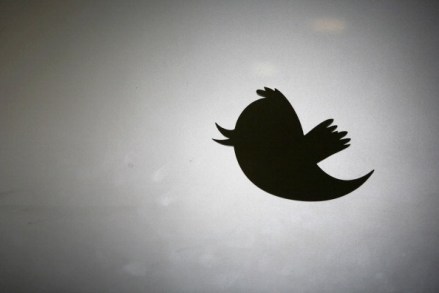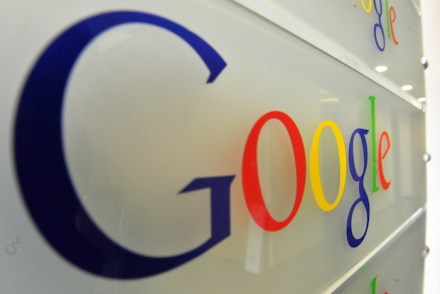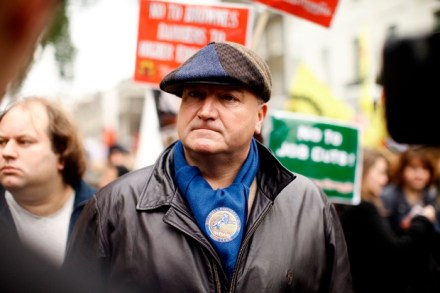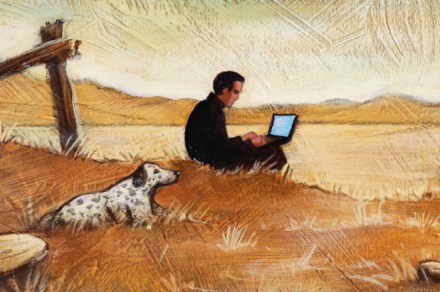No, I haven’t seen that beheading video. And it’s not right to share it
I am sure we’re all in agreement that watching videos of adults abusing children is wrong. At least outside the halls of BBC light entertainment (historically speaking) such a consensus must exist. So how has it become not just right, but seemingly virtuous, to watch and then promote pictures of big bearded men chopping off children’s heads? The proliferation of torture and beheading porn is one of the social media horrors of our day. Every minute millions of people around the world send links to videos and photographs. And as world news gets darker, even if you don’t seek them out, such images find their way to you. Of course




















